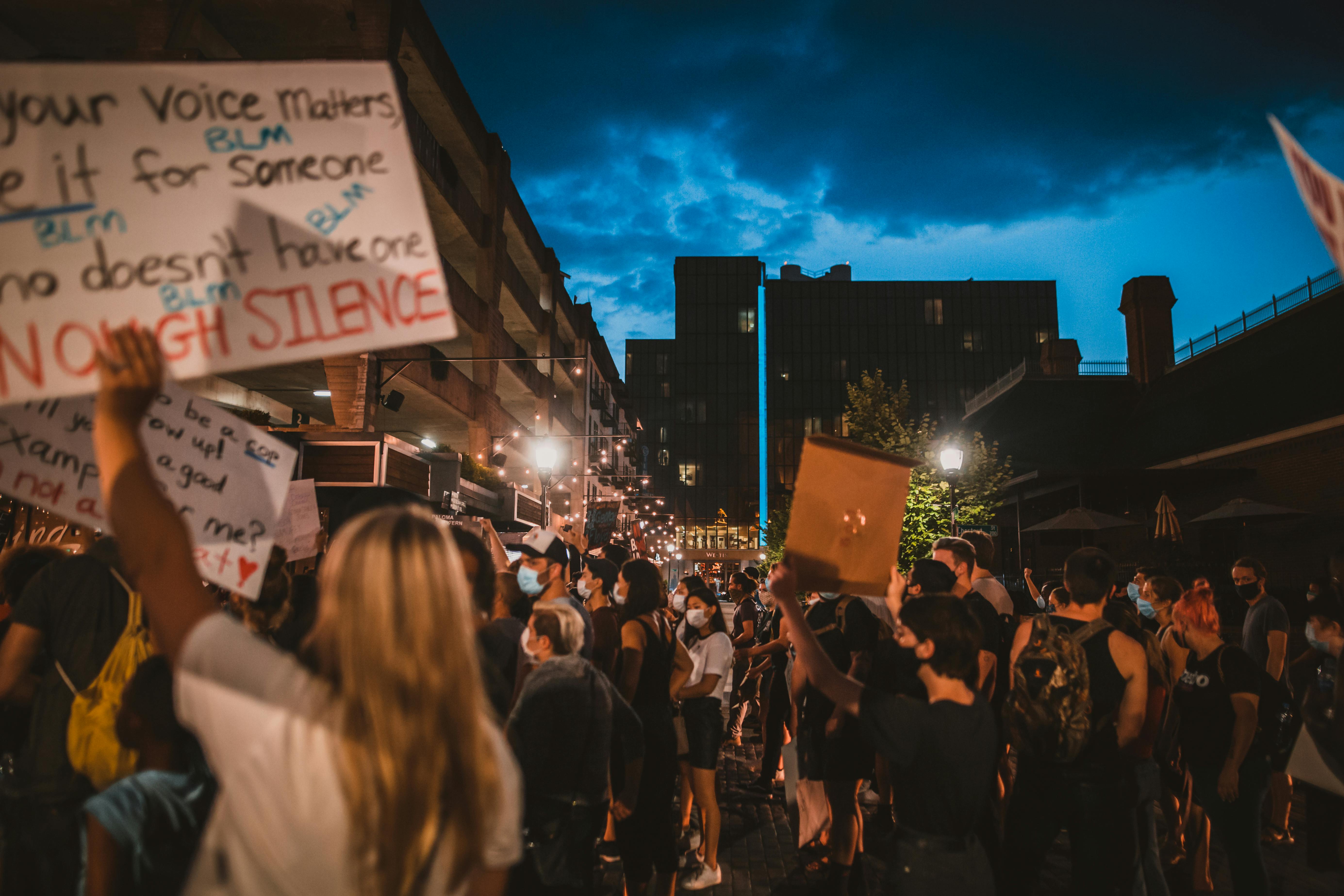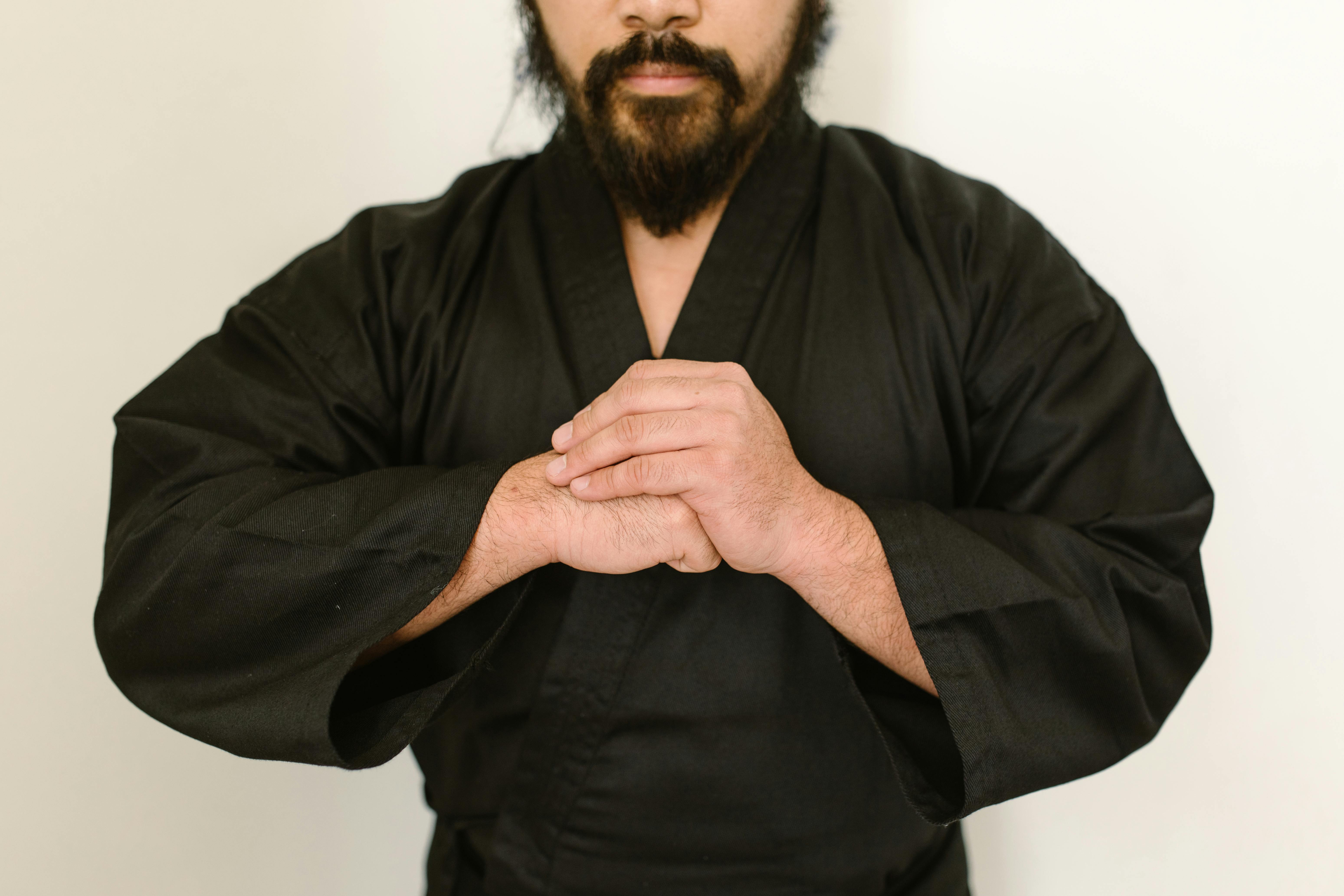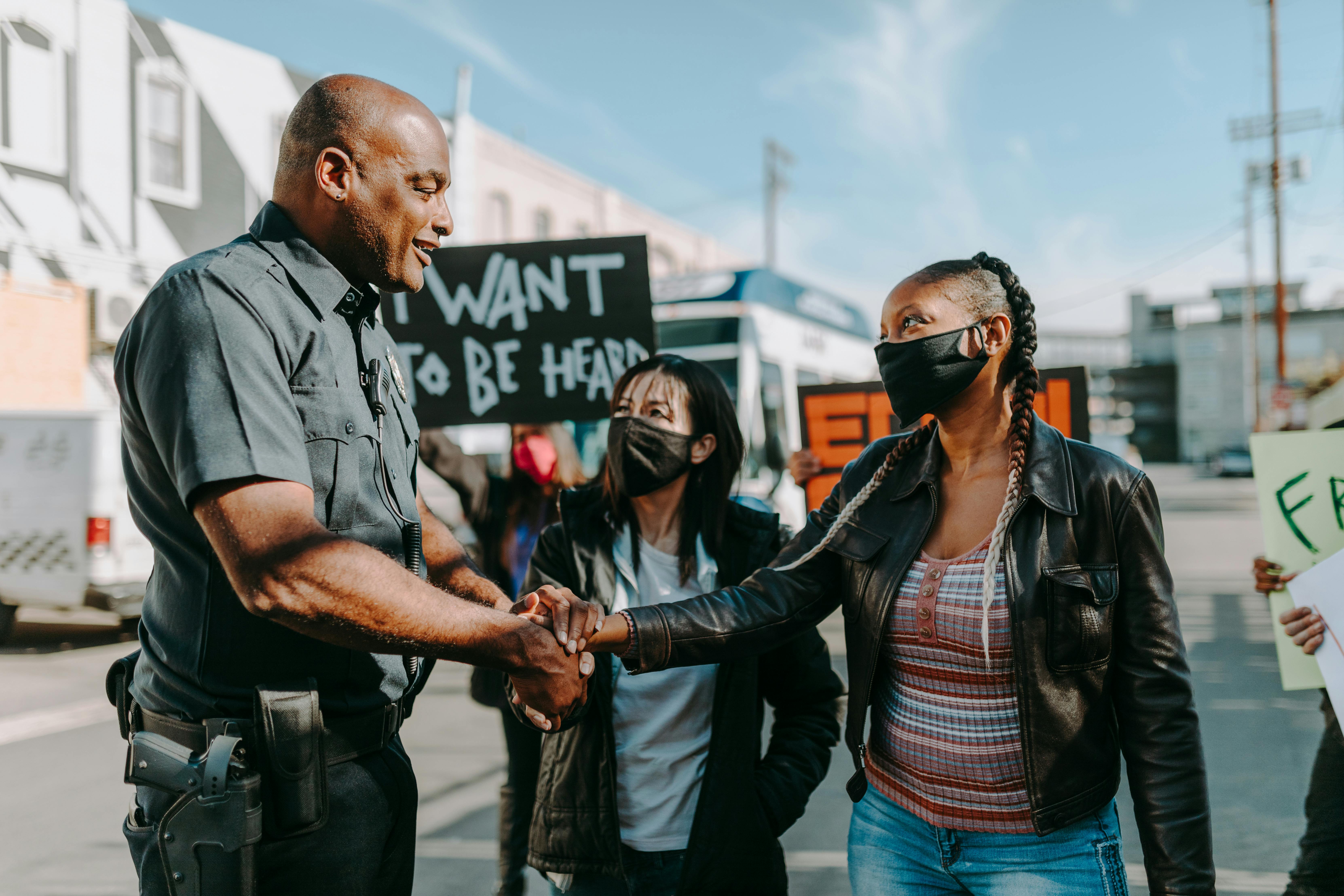Traffic solicitors in Scotland often observe that most clients charged with a serious traffic offense share the same apprehensions about the courts, including the process involved and what is expected of them when in court. This is because most clients who contest a traffic case, such as drink driving violations, speeding violations, illegal use of mobile phones, and reckless or dangerous driving offenses, have not appeared before. before a court and are therefore not familiar with the preparation required and the process involved.
Therefore, this article has two objectives:
First of all, it aims to provide a greater understanding of the basic elements necessary in the preparation, the procedure and the processes involved in defending a traffic case.
Second, you must also provide the reader with enough information to be able to select a lawyer who is truly specialized in traffic cases. The importance of this process cannot be overstated. You only get one chance to make your case. While there are many attorneys who may not take certain traffic cases due to the complexities involved, others, unfortunately, may simply be happy to muddle through a case. This article provides enough information to be able to prove the experience and qualifications of any lawyer and, in particular, to form your own opinion to verify that the traffic lawyer is really a specialist.
The article is set up in a question and answer format to help answer real questions received from potential and new customers.
Q1. What is the difference between a solicitor, a lawyer and a solicitor?
The Law Society of Scotland is the regulatory body for lawyers who must have a practicing certificate to represent clients in court. The term lawyer is a general and more universal description of someone who practices in the legal profession. The two terms are really interchangeable. However, a defense attorney is a special class of attorney who has been authorized by the Law Society to appear on behalf of clients in the superior court of justice. They have been granted hearing rights after passing extensive bar exams. This allows them to appear before the courts in very serious and complex cases.
Q2. What court do I appear in and will there be a jury?
Most traffic cases are heard in sheriff’s court or justice of the peace court, either with a bailiff or a magistrate without a jury. More serious charges such as dangerous driving, impaired driving, or drink driving will call the sheriff’s court and insurance violation cases for speeding, negligent driving, and tachograph cases are generally filed in the law court. of peace. In fact, over the years the number of traffic trials in Justice of the Peace courts has increased steadily and they now form the majority of cases brought in such courts throughout Scotland. Typically, these cases begin with a summons or summons posted or delivered to your home address with a date for you to appear in court. It will contain a description of the charge, eg speeding, and a summary of the police evidence. In a speeding case, it will describe the date, location, time of the violation, and the type of device used to measure your speed. It will also contain details of the weather conditions and any comments made by the driver at the time. It usually contains a comment that the driver was warned under S.1 of the Traffic Offenders Act 1995, which is a Notice of Intent to Prosecute (PIN).
If you were arrested and released from the police station, for example, on a drink-driving charge, you may have been promised to appear in court on a certain date. Sometimes the police or prosecutor have first offered him a fixed penalty that he has decided to challenge, in which case he will receive a summons to go to court.
Q3. Who talks all?
Generally speaking, when you have directed an Attorney, he or she will do the full talking when making legal representations or submissions on your behalf, both factual and legal in nature. The lawyer will have developed a strategy to take advantage of all the information she has gathered from you and from the investigation of the case and will know how best to say it and when to say it.
If the matter proceeds to trial, you may be required to present evidence of the essential issues in dispute. The likelihood of this happening depends on the crime and the strength of the Crown case. For example, most speeding offenses are won on technicalities and the defendant rarely requires you to present evidence. On the other hand, if you have been accused of dangerous driving and you dispute the way you drive, plus the lawyer is mounting an attack on police evidence, he may have to present evidence to give his version of what happened.
Q4. What preparations and investigations are carried out on my behalf?
Preparation for a moving violation begins from the Notice of Intent to Prosecute (NIP) to the verdict of not guilty. It is important to contact a traffic lawyer immediately when a crime is alleged to have been committed, as certain vital advice must be given early on that could make all the difference to the outcome. In certain circumstances, the police can require people to provide details of the identity of the driver of a motor vehicle, even if it means that the suspect is forced to incriminate himself. In fact, failure to do so may itself be a crime. This requirement applies to the most common traffic violations such as speeding, reckless driving, dangerous driving, drink driving, mobile phone violations, red light violations, and traffic violations. associated violations. Other than that, a suspect has the right not to comment further. Advice on this should be sought from a road traffic specialist as soon as possible.
Once an accused person has pleaded not guilty, the crown has a duty to disclose all relevant information that it seeks to rely on, to the attorney representing the accused prior to trial in order to advise the attorney in advance of the evidence it will seek. to found in court. They also have a duty to disclose any information that is beneficial to the defense and to respond to and cooperate with any reasonable inquiries from the defense. Of course, the defense attorney is free to conduct his own investigations of the corona evidence and to investigate anything else that may undermine the corona case or add support to the defense case. For example, it can be invaluable to attend the location where the crime is alleged to have been committed, particularly in cases of speeding and reckless and dangerous driving cases. In fact, video footage or photographs can make all the difference in court.
Q5. What happens at the Trial?
In general, the procedure in a trial has the same format in all courts. Their procedure is governed by the Criminal Procedure (Scotland) Act 1995: the persuasive burden of proof always falls on the crown to prove that the crime has been committed, and this is why they have to go first in any trial. The Crown has to lead each of its witnesses into evidence one after the other. This means that the prosecutor has to call all of his witnesses before the defense has to consider any evidence of its own, such as the defendant himself testifying. The format is that after the prosecutor has questioned each crown witness, the lawyer has the opportunity to cross-examine that witness to test the reliability and credibility of that witness. Cross-examination by a lawyer is an art and requires very exacting skills to capitalize on crown evidence by engaging in both constructive (to support the defense case) and destructive (to undermine the crown case) attack. You need a traffic attorney who knows the intricate traffic laws and also has the complex rules of evidence in mind. The lawyer must be respected for this in court and be heard by the court and, at the same time, be able to confront and influence the most severe judges.
Very often, at the end of the corona case, what is called a “no case to answer” filing can be made. This is where the lawyer invites the court to dismiss the proceeding on the grounds of insufficient evidence, very often due to a fatal technicality in the evidence in the case or evidence that has been declared inadmissible. This is often the reason why many cases are won by an experienced road traffic attorney.
No matter how strong the crown case is, it is always possible to attack it, and if a reasonable doubt is achieved, the job is done. Different witnesses and different cases require different approaches and strategies. Police officers, for example, are meant to be professional witnesses, but they can often make fatal mistakes when questioned effectively. Expert witnesses, such as toxicologists and forensic scientists, require a different approach, as their opinions are often subject to a number of assumptions that are not, in fact, relevant to the case at trial. Sometimes the defense needs to present evidence from their own experts to counter the crown experts. Civilian witnesses may give testimony that is tainted by fear or favor, or simply unreliable for various reasons, even though that witness is trying his best to remember.
When it comes down to it, the difference between a good lawyer and a mediocre one can win or lose a case. A defendant should definitely ask a potential lawyer about the extent of her experience in traffic law and what strategy he has in mind for the trial. Sometimes the final strategy can only be determined just before the trial date and even then this can change on trial day for a number of reasons. However, an experienced traffic attorney should be able to identify certain weaknesses in the prosecution’s case prior to trial and also be able to spot sixteen opportunities that arise on trial day. There are several ways a good traffic attorney can manipulate the evidence of the primary witness and, through skillful cross-examination, create fatal technicalities that will win the case for their client regardless of the nature of the crime.
On some occasions, advice must be given to resolve the case with the prosecutor through the limitation of damages. For example, a person charged with dangerous driving may be advised to plead guilty to careless driving or a speeding violation. He should be sure that he has instructed an attorney who knows every conceivable way to defend a traffic case, so that when he advises you to settle the case, he knows that it is definitely in his best interest.


